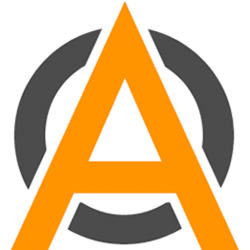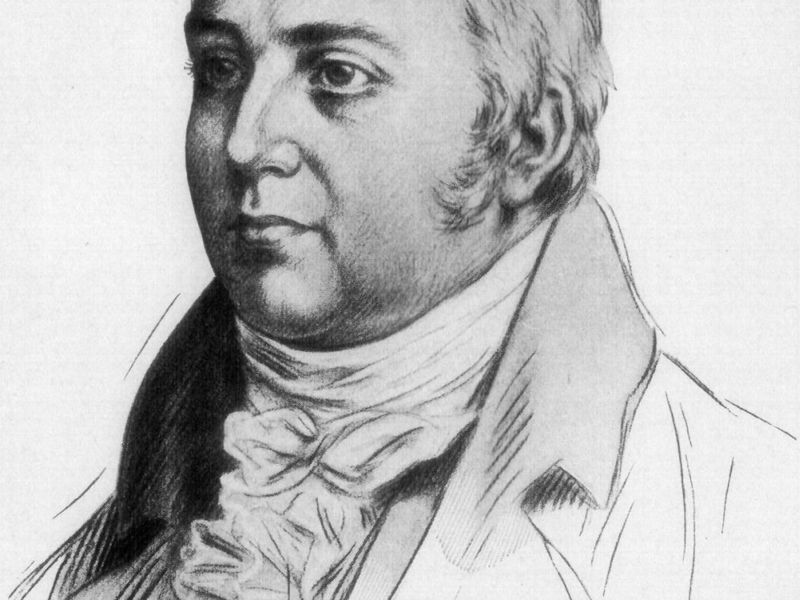UK Research and Innovation today published its updated policy on open access. For journals, the policy is simplified and normalised across the disciplines. Immediate open access under CC BY is mandated (with exceptions considered on a case-by-case basis), meaning no embargoes for green open access. Hybrid publishing will not be funded by UKRI where the …
Continue reading “What does the UKRI policy mean for open access book publishing?”






